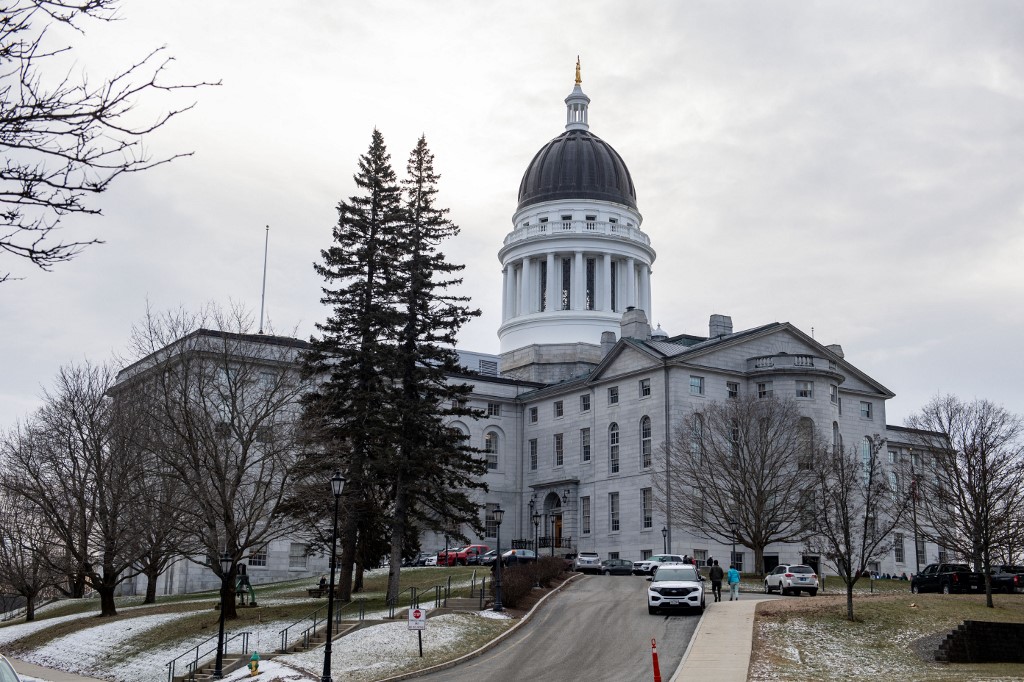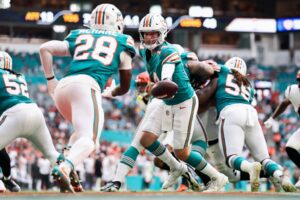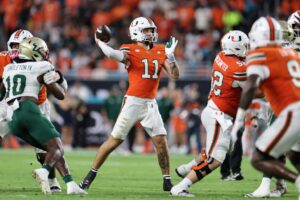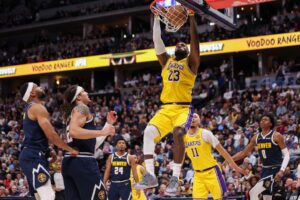A controversial bill legalizing iGaming would have given control to Maine’s four federally recognized gaming tribes, but that measure has suddenly stalled in committee.
Wait ‘Til Next Year
Representative Ambureen Rana reintroduced House Bill 1164, labeled as “An Act to Create Economic Opportunity for the Wabanaki Nations Through Internet Gaming,” to the Joint Veterans and Legal Affairs Committee earlier this month. However, that is as far as it is going to go, as it has been stalled in the committee and won’t emerge again this session.
The bill had its share of supporters, including the Wabanaki Nations’ tribal leaders. At a committee hearing two weeks ago, Pos Basset, Chief of the Passamaquoddy Tribe at Sipayik, testified on behalf of the bill, stating it would “generate revenues that will help us save enough money to do things like move our wastewater treatment plant and survive what’s to come from rising sea levels.”
Maine’s gaming tribes also have exclusive control of the state’s mobile sports betting market, but due to the Maine Indian Claims Settlement Act of 1980, they cannot build casinos, unlike tribes in dozens of other states under the nation’s Indian Gaming Regulatory Act of 1988. However, Maine does allow the tribes to operate bingo parlors.
Representative Rana pointed out this glaring disadvantage, saying, “Because the Wabanaki Nations have not enjoyed anywhere near the level of economic growth as that of other tribes in this country, they face an ongoing economic crisis.”
Staunch Opposition
Online casino gaming has only been passed and successfully launched in seven states, including Connecticut, Delaware, Michigan, New Jersey, Pennsylvania, Rhode Island and West Virginia. Compare that to the 39 states that have welcomed the far less lucrative sports betting, and it’s fair to wonder why iGaming has not been nearly as embraced.
One of the two major concerns regarding online casino gambling is the addictive nature of having a 24-hour casino at everyone’s fingertips through a mobile device or PC.
Secondly, the land-based casinos that have spent hundreds of millions on their facilities and employ hundreds, sometimes thousands, of local residents, can also be adversely impacted. Maine Gambling Control Board Chair Steve Silver said the brick-and-mortar casinos need to be considered, stating, “Oxford and Hollywood Casinos employ nearly 1,000 Mainers. Legalizing iGaming without permitting them to participate will lead to job cuts — I am willing to bet on it.”
And in Maine’s case, the other major online gaming platforms like FanDuel, Fanatics, ESPN Bet, and MGM that have been excluded from the market have also voiced opposition, as they would also be on the outside looking in, with only Caesars and DraftKings getting a seat at the iGaming table.
Michael Ventre, speaking on behalf of FanDuel, Fanatics and BetMGM, argued that the market should be opened to more than just two gaming operators, stating, “We wanted to caution the committee on moving forward with this bill, though, because we are concerned that it will not create the healthy, regulated market that we have seen in many other states.
“The lack of legitimate choice for the consumer can encourage individuals to seek alternative methods outside of the regulated marketplace.”







